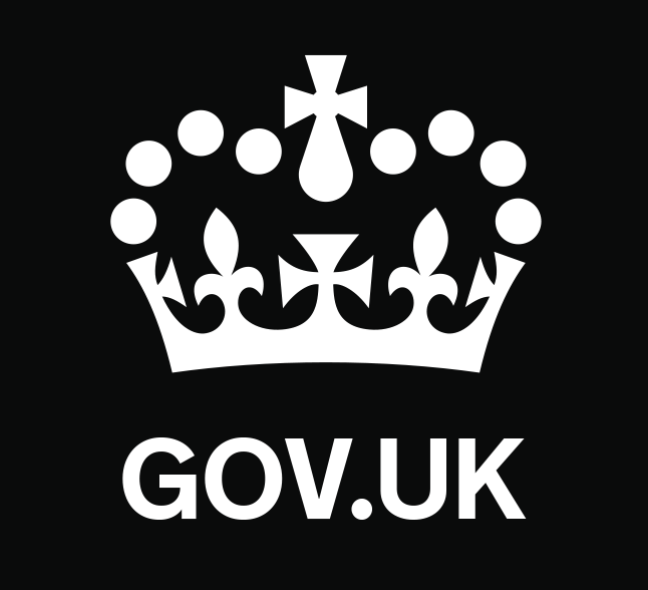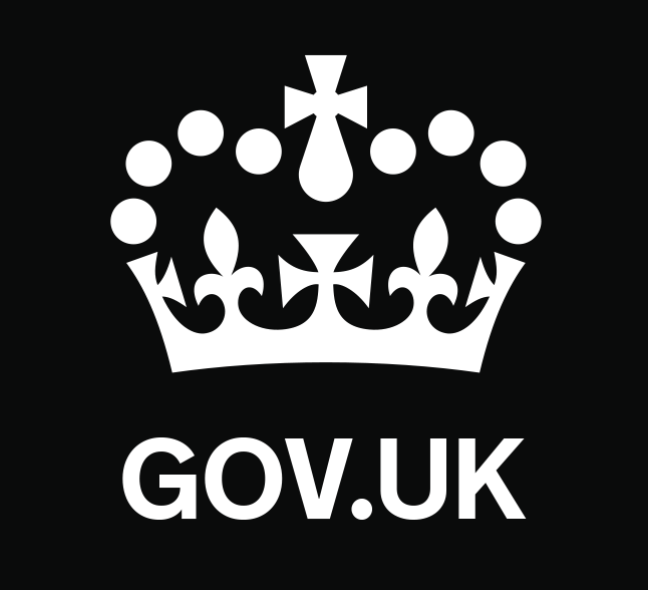Title Page
-
Conducted on
-
Prepared by
-
Location
WHAT STEPS CAN BE TAKEN IN ADVANCE OF EMPLOYEES GETTING SICK?
-
Explore flex working options
-
Guidance:
• Determine policies and practices, such as telecommuting and flexible work hours.
• Supervisors should educate employees that if they become sick they should telework instead of coming into the workplace until symptoms are completely resolved. -
Develop an employee communications plan
-
Guidance:
• Establish a process to communicate the latest Coronavirus information to employees and business partners (ex. PHAC’s Coronavirus disease(COVID-19): Outbreak update)
• Anticipate employee fear, anxiety, rumors, and misinformation, and plan communications accordingly. -
Decide how to handle an increase in absenteeism
-
Guidance:
• Determine how you will operate if absenteeism spikes from increases in sick employees, those who stay home to care for sick familymembers, and those who must stay home to watch
their children if dismissed from school. -
Coordinate with provincial and local health officials
-
Guidance:
• Coordination with provincial and local health officials is strongly encouraged for all businesses to ensure timely and accurate information to guide appropriate responses in each location where their operations reside.
• Outbreak intensity may differ according to geographic location. Local health officials will be issuing guidance specific to their communities.
• Employers should take the time to research plans in place in each community where they have a business by contacting their local public health department -
Make a business continuity plan
-
Guidance:
• Be prepared to change your business practices if needed to maintain critical operations (e.g., identify alternative suppliers, prioritize customers, consider digital meetings, or temporarily suspend some of your operations if needed).
WHAT SHOULD EMPLOYERS DO IF EMPLOYEES BECOME SICK?
-
Ensure flexible sick leave policies
-
Guidance:
• Consistent with public health guidance, permit employees to stay home to care for a sick family member, and that employees are aware of these policies. Actively encourage sick employees to notify their supervisor and stay home. -
Local decision making
-
Guidance:
• Employers with more than one business location are encouraged to provide local managers with the authority to take appropriate actions based on the conditions in each locality. -
Employee travel
-
Guidance:
• Ensure employees who become sick while traveling or on temporary assignment understand to notify their supervisor and call a healthcare provider for advice if needed. -
Separate sick employees
-
Guidance:
• PHAC recommends that employees who appear to have acute respiratory illness symptoms (i.e. cough, shortness of breath) upon arrival to work or become sick during the day should be separated from other employees and sent home immediately. -
Social distancing
-
Guidance:
• Plan to minimize exposure between healthy employees and also between those employees and the public, if public health officials call for social distancing. -
Workplace hygiene
-
Guidance:
• Routinely clean all frequently touched surfaces in the workplace, such as workstations, countertops, and doorknobs. Provide disposable wipes so that commonly used surfaces can be wiped down by employees before each use.
ARE THERE ADDITIONAL MEASURES IN AFFECT IN RESPONSE TO THE CORONAVIRUS?
-
PHAC’s Active travel health notices
-
Guidance:
Check the latest guidance and recommendations for each country to which you plan to travel. -
Outside Canada
-
Guidance:
Sick employees should follow your company’s policy for obtaining medical care or contact a healthcare provider or overseas medical assistance company to assist them with finding an appropriate healthcare provider in that country. A Canadian consular officer can help locate healthcare services. However, Canadian embassies, consulates, and military facilities do not have the legal authority, capability, and resources to evacuate or give medicines, vaccines, or medical care to private Canadian citizens overseas. Travel restrictions may be enacted by other countries which may limit the ability of employees to return home if they become sick while on travel status -
Health confidentiality
-
Guidance:
If an employee is confirmed to have the Coronavirus infection, employers should inform fellow employees of their possible exposure to the Coronavirus in the workplace but maintain confidentiality. Employees exposed to a co-worker with confirmed Coronavirus should refer to PHAC and provincial health agencies’ guidance for how to conduct a risk assessment of their potential exposure.
SIGN OFF
-
Name and Signature










